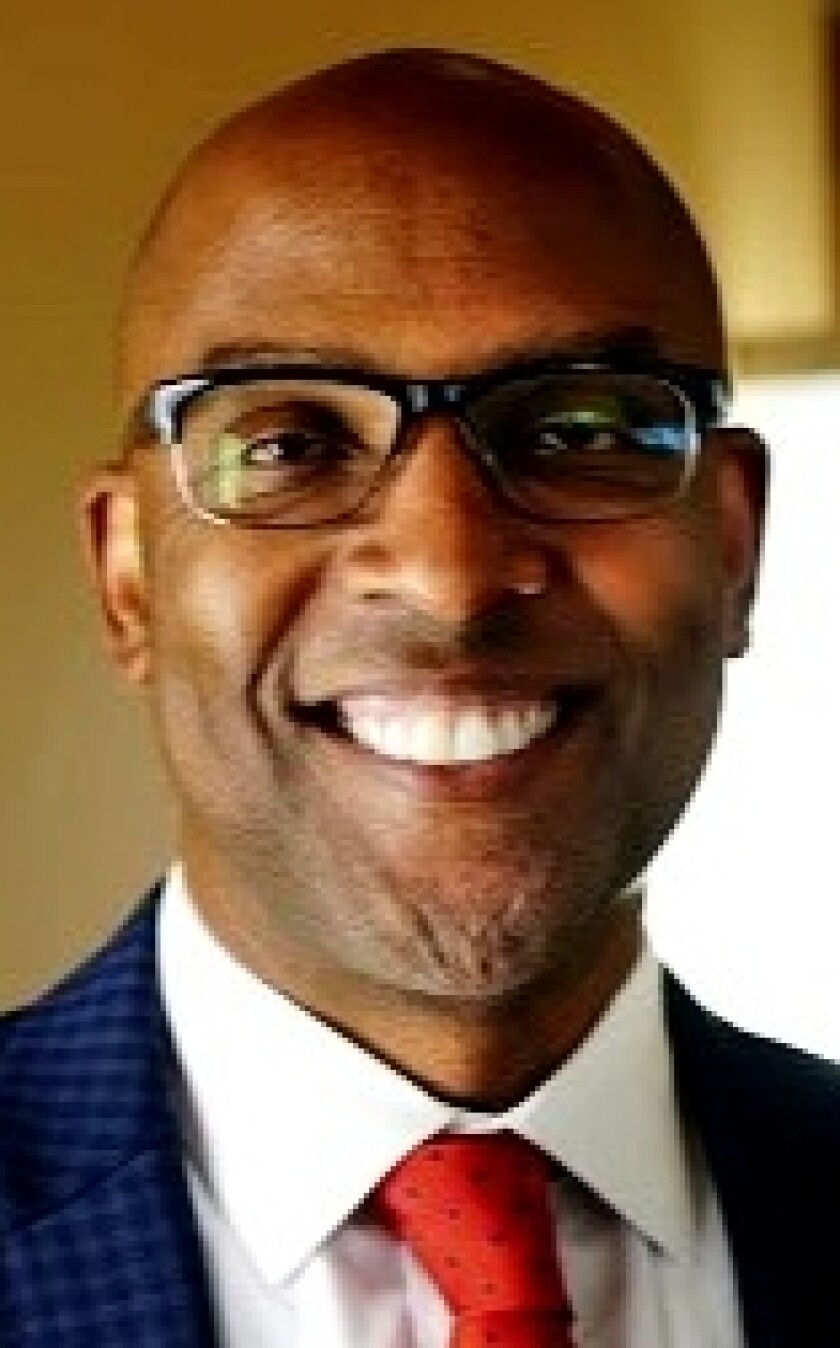
The state’s capital city is partnering with University of California, Berkeley-based startup accelerator SkyDeck in a push to bring seven startups per year to Sacramento. It’s also interested in extending the Memorandum of Understanding between the two entities to include UC Davis and Aggie Square, to potentially connect startups with the UC Davis Medical Center as well as the campus. It’s working with the California State Transportation Agency (CalSTA), Sacramento Regional Transit and others to roll out mobile Wi-Fi “super hotspots,” and it’s seeking input from tech companies to solve COVID-19-related issues. Among the takeaways:
• The first three of 10 buses offering free connectivity to residents within a 500-foot radius went live Monday, in the initial offering from a 60-day proof of concept. Buses are parked and offering free Wi-Fi four to eight hours at a time, in areas of particular need around Sacramento that were suggested by school district and library officials, city council representatives, community members and others.
“May 4th is really where we’re testing the majority of the locations to see how the signal works, how it’s received by the community and so forth,” said Sacramento Chief Innovation Officer Louis Stewart. “We’re trying to match up space so that you can do social distancing with service, and that’s not easy to do because if you go too far inside a neighborhood, then the Wi-Fi signal doesn’t go as far as it should.”
• The city formalized its relationship with SkyDeck in December with the MOU, but the engagement — originally timed to become more active in March — has been somewhat delayed by the spread of the virus and has shifted focus. Now, Stewart said, the partners are focusing on startups in the accelerator’s portfolio that may have potential solutions for COVID-related issues. The innovation leader, who was approached first by company officials wanting to work together, said the collaboration made sense “because this is a way to secure a pipeline to startups coming into Sacramento.”
The MOU, he said, isn’t necessarily centered on dollars but only on an agreement to provide services. There’s no guarantee of projects; but rather, an agreement to “shine a light” on SkyDeck’s more civic-minded companies to determine whether any are a good fit. The MOU is for one year, and Stewart said the partners may have a call as soon as this week to determine next steps amid the pandemic.
• When the pandemic hit, the city innovation leader said, the partners were working on extending the MOU to UC Davis “to see if any startups made sense to go work at Aggie Square,” though initially the conversation had focused on UC Davis. The target is Aggie Square, Stewart said, but as it is built, officials need to determine whether there’s a way for SkyDeck’s involvement to broaden. Those discussions aren’t likely to resume before November.
• Palo Alto-based UrbanLeap, which offers an “urban innovation platform” designed for local government, worked with the city to develop the platform it uses to on-board SkyDeck startups. The city and the company have had a relationship for more than two years, and even more recently, UrbanLeap helped the city create a portal on the Sacramento Urban Technology Lab website, through which tech firms can offer the city solutions around COVID-19. Submission categories include data tools for tracking and reporting on the virus; and operations, including telemedicine and APIs for lab testing.
The portal went live two weeks ago and launched officially on April 29. So far, Stewart said, officials have 51 proposals under review — from Tel Aviv to Canada and from Texas to Seattle to the Bay Area.




